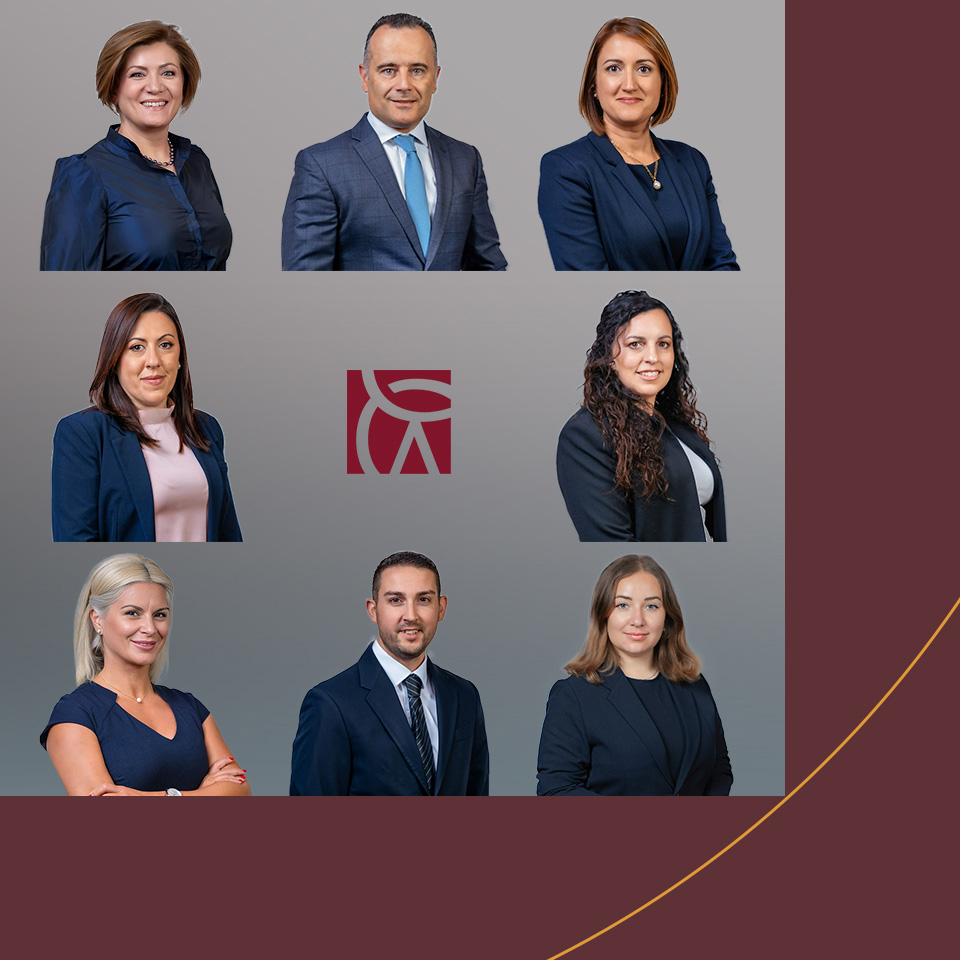Defining Dual Citizenship
Dual citizenship arises when a person holds two or more citizenships simultaneously. Dual citizenship provides numerous benefits
Defining Dual Citizenship
Dual citizenship arises when a person holds two or more citizenships simultaneously. Every country is sovereign in enacting the laws regulating citizenship and the conditions under which a person is granted, renounces or loses citizenship is strictly within the discretion of every state.
People holding Dual Citizenship can exercise the rights conferred to them at law in those countries in which they hold citizenship. Citizens acquiring dual citizenship would, in general, be required to show that there is some form of genuine link with the country issuing the citizenship.
For a long time, many countries considered dual citizenship as problematic and something that should be avoided for any of its citizens. However, in recent years many countries have adopted a more favourable stance towards allowing their citizens to hold Dual Citizenship through relaxation of requirements for naturalisation or simply through allowing or recognising Dual/Multiple Citizenship without the need to renounce their original citizenship.
Attaining Dual Citizenship
There are various reasons and instances under which a person may hold dual or multiple citizenships. The most common reasons for dual citizenship are:
- Marriage to a citizen of another country
- Adoption by parents who are citizens of another country
- Birth in a country that grants citizenship by birth (ius soli), to parents who are citizens of a country that grants citizenship by descent (ius sanguinis)
- Granting of citizenship by naturalisation following the successful application to citizenship by investment programmes (ius pecuniae).
In all cases, the timeframe and process for naturalisation vary according to the situation and the country granting the citizenship.
Over the past years, numerous countries have developed citizenship by investment programmes to attract High Net Worth Individuals and Foreign direct Investment. Through these programmes, investors are granted the right to reside in another state and acquire citizenship subject to a minimal residency requirement and other investment criteria as is the case in the Malta citizenship by investment programme. Other countries offer citizenship solely based on investment criteria without the need of residence such as with the Cyprus Investment Programme and Caribbean programmes.
Benefits of Dual Citizenship
In today’s globalised world, obtaining a second citizenship can provide numerous benefits to different categories of people.
For the high net worth business person, a second citizenship means freedom to travel without going through the bureaucracy of getting visa permits, especially in cases where the passport they hold does not give the comfort of visa-free travel to a large number of countries. Attaining a second citizenship could also mean better investment and business opportunities which would otherwise be difficult to conclude based on the original passport.
For many high net worth families attaining Dual Citizenship means the unlocking of their full potential by seeking better opportunities in another country, or simply ensuring the security of their family. A second citizenship opens new opportunities for families seeking better education and work opportunities for their children. Others see the benefits of accessing better healthcare facilities for elderly or sick dependents. Wealthy families can also seek to attain Dual Citizenship to ensure better wealth management in countries which offer advantageous tax planning options. For families coming from countries which are passing through a period of war or political unrest, a second citizenship offers a gateway to security in another country.
Others can see Dual citizenship as a means to enjoy the freedom to travel to discover the world, experience new cultures and people, or to simply enjoy a better lifestyle in a country away from the country of birth.
Laws regulating Dual Citizenship
Whilst today the majority of countries have adopted rules allowing for Dual Citizenship there are still a number of countries that do not allow their citizens to hold Dual Citizenship, or impose a number of restrictions upon the holding of such. Consequently, it is prudent to seek legal advice on the laws governing the status of Dual Citizenship in your country prior to starting the process of seeking a second citizenship.
Based on our research*, below is a selection of countries that allow, restrict or pose conditions with respect to Dual Citizenship.
Countries allowing Dual Citizenship
Argentina Antigua Australia Belgium Brazil Canada Cyprus Czech Republic Denmark Dominica Finland France Ghana Greece Grenada Hungary Iraq Ireland Israel Italy Jordan Kenya Lebanon Lativa Libya Luxemburg Malta Mexico Morocco New Zealand Philippines Portugal Romania Russia St. Kitts & Nevis St Lucia Sudan Sweden Switzerland Syria Tunisia Turkey Uruguay UK USA Zambia
Countries restricting Dual Citizenship
Andorra Azerbaijan Bahrain Belarus Brunei China Cuba Estonia India Indonesia Japan Kazakhstan Kuwait Kyrgyzstan Malaysai Monaco Myanmar Mongolia Nepal Oman Papua New Guinea Qatar Saudi Arabia Singapore Tajikistan Thailand Ukraine Uzbekistan United Arab Emirates Yemen
Countries allowing Dual Citizenship under certain conditions only
Austria Bosnia Egypt Germany Georgia Lithuania Netherlands Moldova Norway Pakistan Slovenia South Korea South Africa Spain
* Due to frequent changes in laws, the above classification may be subject to changes. Whilst every effort has been made to present up to date information, the above does not constitute legal advice.
Copyright © 2025 Chetcuti Cauchi. This document is for informational purposes only and does not constitute legal advice. Professional legal advice should be obtained before taking any action based on the contents of this document. Chetcuti Cauchi disclaims any liability for actions taken based on the information provided. Reproduction of reasonable portions of the content is permitted for non-commercial purposes, provided proper attribution is given and the content is not altered or presented in a false light.











